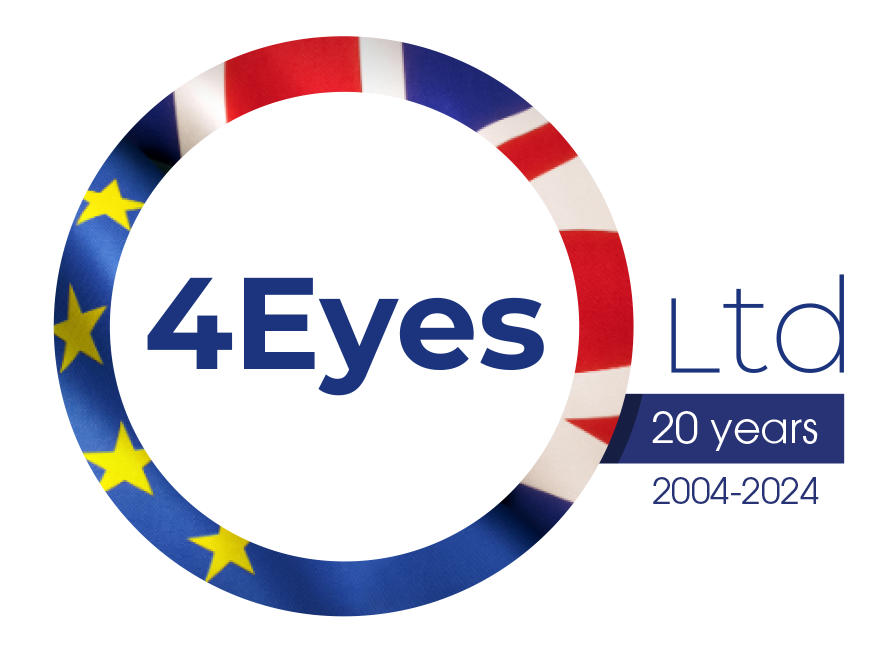UK Extended Producer Responsibility (EPR) overview
Introduction to Extended Producer Responsibility (EPR)
Definition: EPR is an environmental policy approach in which producers are given significant responsibility—financial and/or physical—for the treatment or disposal of post-consumer products.
Goal: To incentivize producers to design environmentally friendly products and to support the recycling and reuse of materials.
Comment
Extended Producer Responsibility (EPR) shifts the responsibility of managing post-consumer waste from governments to the producers. This policy aims to reduce waste, promote recycling, and encourage sustainable product design.
Key Components of EPR
Product Design: Encourages eco-friendly design to reduce waste.
Collection and Recycling: Producers must organize the collection and recycling of products.
Consumer Education: Informing consumers about proper disposal and recycling methods.
Comment
EPR includes several key components such as product design which emphasizes sustainability, efficient systems for collection and recycling of products, and educational initiatives to ensure consumers are aware of their role in the EPR system.
EPR Legislation in the UK
Waste Electrical and Electronic Equipment (WEEE): Regulates the disposal of electronic products.
Packaging Waste Regulations: Ensures packaging is recovered and recycled.
End-of-Life Vehicles (ELV) Regulations: Covers disposal of vehicles.
Comment
The UK has specific EPR legislations such as the WEEE regulations for electronic waste, packaging waste regulations to ensure recycling of packaging materials, and ELV regulations which manage the disposal of end-of-life vehicles. These regulations set targets and responsibilities for producers to manage waste sustainably.
Benefits of EPR
Environmental Protection: Reduces pollution and conserves resources.
Economic Incentives: Encourages innovation and cost savings in the long run.
Consumer Awareness: Increases public awareness and participation in recycling programs.
Speaker Notes: EPR has numerous benefits including protecting the environment by reducing pollution and conserving natural resources. Economically, it promotes innovation and can lead to long-term cost savings for businesses. Additionally, EPR increases consumer awareness and involvement in sustainable practices.
Challenges and Future of EPR
Challenges: Implementation costs, complexity of compliance, and need for effective enforcement.
Future Trends: Greater emphasis on circular economy, digital tracking of products, and global harmonization of EPR standards.
Comment
Whilst EPR offers many benefits, it also faces challenges such as high implementation costs, the complexity of compliance, and the need for strong enforcement. Future trends in EPR include a shift towards a circular economy, enhanced digital tracking of products, and efforts to harmonize EPR standards globally to ensure more uniform and effective waste management practices.
